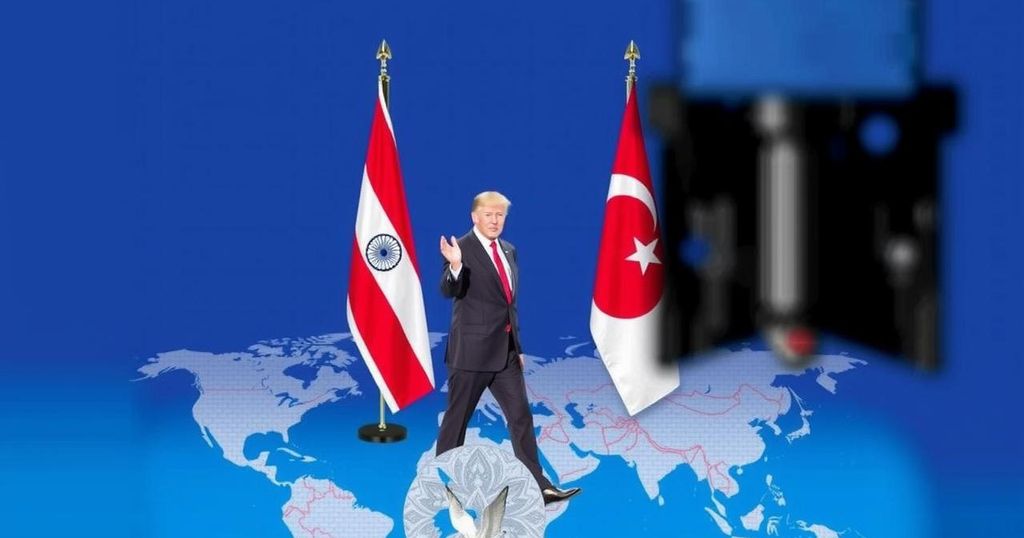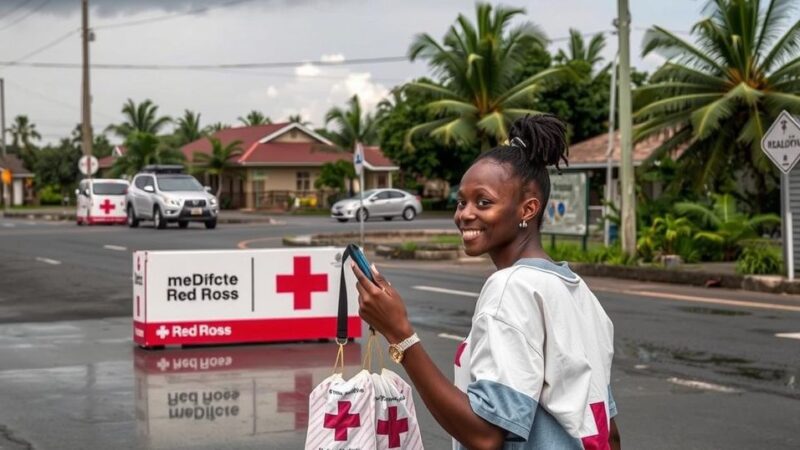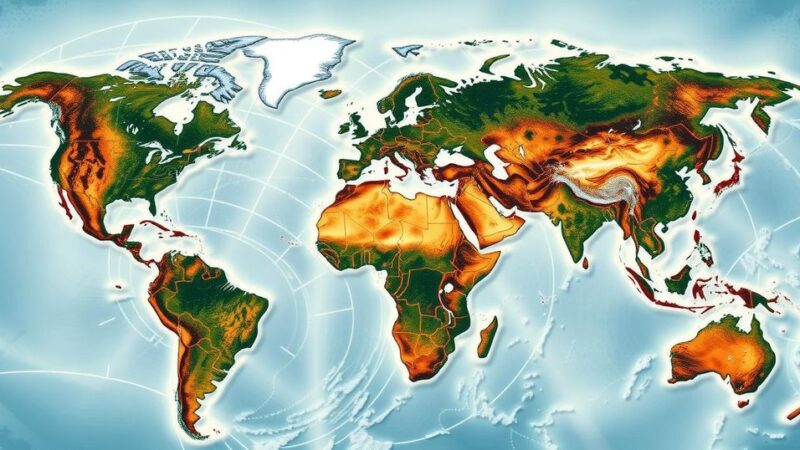COP29 in Baku, Azerbaijan, yielded only $300 billion in commitments for climate financing, falling significantly short of the $1.3 trillion requested by African leaders. Criticism arose as developing nations, disproportionately affected by climate change, felt insulted by the inadequate support from wealthier nations responsible for high emissions. The presence of numerous fossil fuel lobbyists at the conference further marred its integrity, prompting discussions on leveraging resources like minerals if financial aid does not materialize.
The 29th United Nations Climate Change Conference (COP29) convened in Baku, Azerbaijan, with high hopes from African nations seeking $1.3 trillion in funding to address climate impact. Instead, the summit resulted in a meager commitment of $300 billion, prompting disappointment among attendees. Kudakwashe Manjonjo of Power Shift Africa articulated this discontent, describing COP29 as fundamentally failing Africa. Wealthy countries, primarily responsible for climate change, are perceived as needing to compensate affected developing nations deprived of adequate resources to combat climate challenges.
The stark contrast between pledged financial support and the actual commitment undermines trust, particularly as historical patterns show such promises remain largely unfulfilled. Vanuatu’s climate envoy, Ralph Regenvanu, criticized the insufficiency of the climate commitments made in Baku, echoing sentiments of African leaders who viewed the summit’s outcomes as disrespectful. Nigerian envoy Nkiruka Maduekwe succinctly declared, “This is an insult.” This gathering has faced scrutiny for its significant representation of lobbyists from fossil fuel industries, which many argue complicates genuine climate discourse.
The conference, plagued by political influences, raises severe concerns about its efficacy. Azerbaijan, heavily reliant on fossil fuels, and Saudi Arabia, host of COP28, underscore the inconsistency in selecting suitable venues. Meanwhile, developing nations like those in Africa assert their need for equitable compensation for resource extraction, particularly calling for the withholding of essential minerals if financial assistance is not provided. Advocacy for action against polluting nations continues to grow, emphasizing the need for enforceable commitments in future climate agreements.
The significance of COP29 stems from the ongoing struggle of developing nations, particularly in Africa, to secure adequate funding for climate adaptation and mitigation efforts. For years, they have faced the consequences of climate change, despite contributing minimally to the emissions causing it. Independent assessments have previously estimated that African nations would require at least $1.3 trillion to effectively combat these unprecedented environmental challenges. The efforts at COP29 were anticipated to be a pivotal moment for these countries seeking justice from the wealthier nations largely responsible for climate degradation. However, the outcomes fell short, igniting widespread outrage among African leaders and climate advocates.
In summary, COP29 has been met with significant criticism due to inadequate financial commitments and a perceived disregard for the needs of developing nations facing severe climate impacts. While the summit’s outcomes reflect a profound disappointment, the calls for accountability and equitable support continue to resonate among those advocating for climate justice. The growing determination among African nations to leverage resources in response to insufficient environmental funding indicates an evolving strategy aimed at addressing disparities in climate financing and fostering effective solutions to combat the climate crisis.
Original Source: www.thecooldown.com







